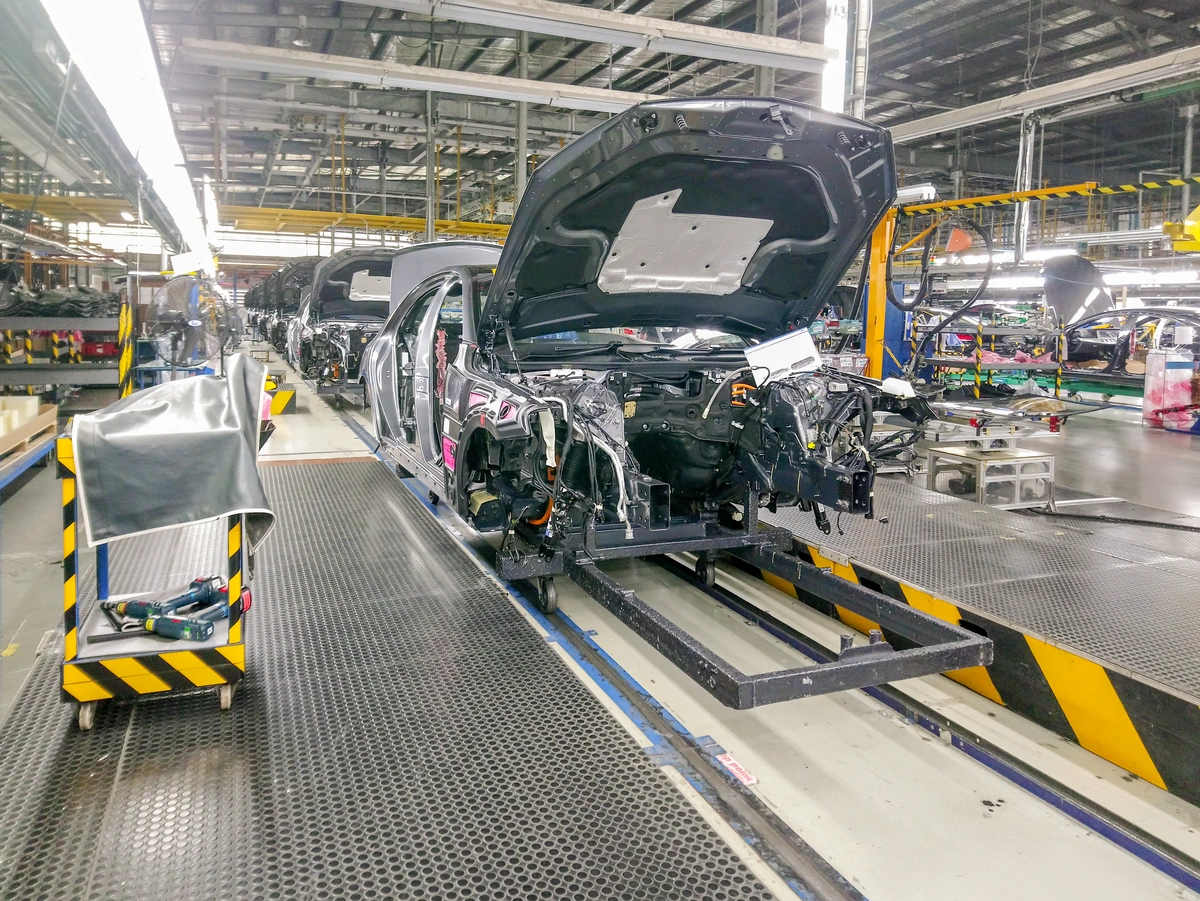For years, people from communities of color have advocated for equity policies at both the federal and state levels, only to be left disappointed and disillusioned that their governments were not working for them. My father, Arthur O. Eve, a former longtime state Assembly member from Buffalo, who served as deputy speaker, helped create the legislative Black, Hispanic, Puerto Rican and Asian Caucus, and was a longtime prison reform advocate, fought for equity issues his entire career.
But while there has been progress over the decades since my dad began serving, it has been undeniably slow. But for once, there is hope, that equity is an issue whose time has finally come.
From President Biden and U.S. Transportation Secretary Pete Buttigieg to Governor Hochul, equity is now a key part of the conversation. Whether it’s how to spend billions of dollars in infrastructure money, establishing the state’s cannabis industry, or where to put casinos, the impacts on traditionally underserved communities should play a big role.
When it comes to infrastructure, that means not just making improvements moving forward, but addressing past wrongs that divided communities decades ago. Governor Hochul has proposed ways to undo the damage done when the Cross Bronx Expressway, Route 81 in Syracuse, the Inner Loop in Rochester, and the Kensington Expressway in our hometown of Buffalo were all constructed. She is also pushing an Interborough Express between Brooklyn and Queens, a project that would provide long-needed mass transit service to communities where 71% of residents are people of color and 33% are below 1.5 times the federal poverty line.
The legalization of marijuana also offers the opportunity to help address the damage done by the state’s draconian Rockefeller-era drug laws. Assembly Majority Leader Crystal Peoples-Stokes was among those in the legislature who fought admirably and successfully to ensure the benefits of legalized marijuana would reach those who were hurt most, many of them people of color.
The state in recent years has increased the percentage of Minority- and/or Women-owned Business Enterprises that receive contracts, with a goal of more than 30%. But MWBE requirements alone are not enough. We’re still fighting over crumbs as the threshold levels are so low.
Still, all the recent pronouncements are promising. But it will be up to the communities most impacted to ensure this is not another case of Lucy holding the football for Charlie Brown before pulling it away. It’s okay to feel hopeful. But after so many years of unfulfilled promises, it’s also prudent to be skeptical and desirous of holding our elected leaders’ feet to the fire. A change in party leadership controlling Congress, for instance, can change priorities quickly.
It would be helpful for the federal government to quickly develop specific guidance to the states and localities about exactly what is expected when it comes to meeting equity goals. Having local leaders try to guess with no advance guidance can result in confusion, years of delays, and lost opportunities.
And if the feds don’t do it, the states need to come up with their own checklist of equity issues that need to be part of all projects. It could be helpful to create a public equity dashboard that can show whether the goals are being met and the impacts projects have on communities of color and low-income neighborhoods.
But for any of this to work, the government needs to first build trust with the communities that rightfully have long felt they have been ignored, or actively harmed, by policies that have led to dangerous education, work, and health inequities.
That means making sure the communities play a big role in the projects that will impact them. That also means involving them from the start to solicit their input and hear their concerns. It is no longer okay for the government to just dictate what a project will be and where it will go with little community input. We’ve seen the old ways fail when a proposal by Amazon to build a second headquarters in Long Island City died because of strong community opposition.
It’s clear we are at a time when our leaders recognize the need to talk about equity. But it’s up to us as a community to ensure that it doesn’t end there—to ensure that talk is followed by action.
This is a pivotal time, one that will have consequences—either good or bad—for generations to come. It’s up to all of us to meet the challenge.
Eric Eve is founder and CEO of Ichor Strategies. He has worked for decades in both the public and private sectors, crafting public policy and community engagement strategies.




